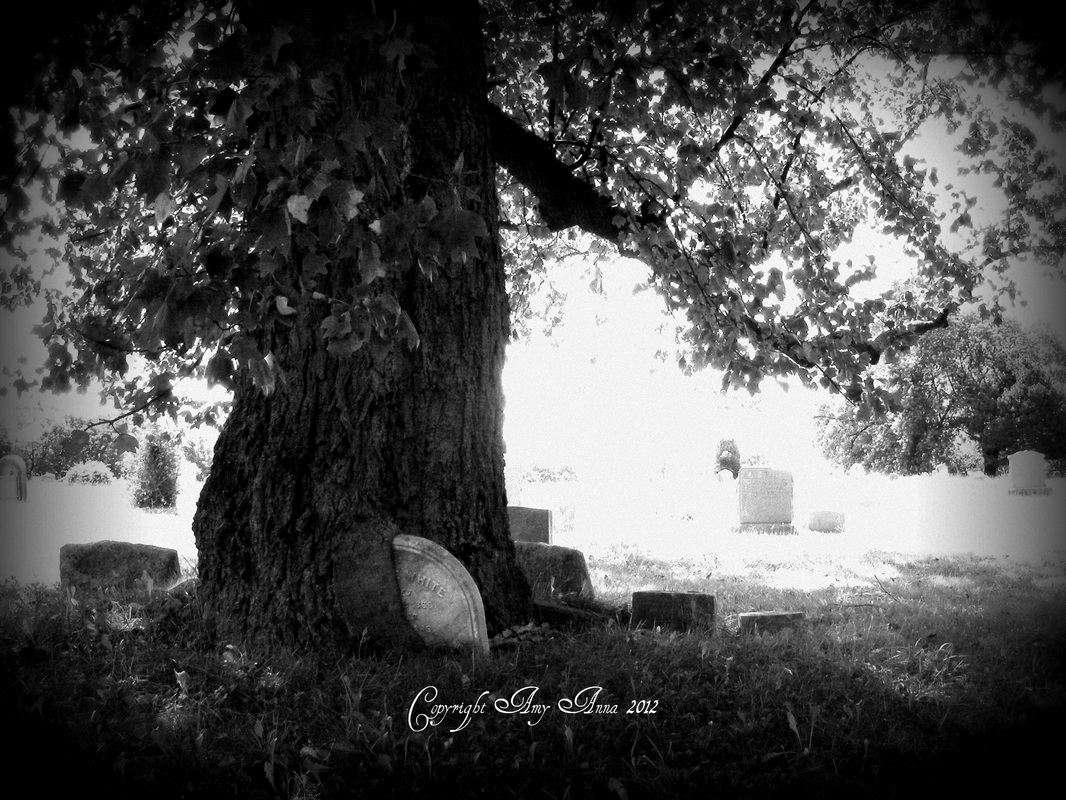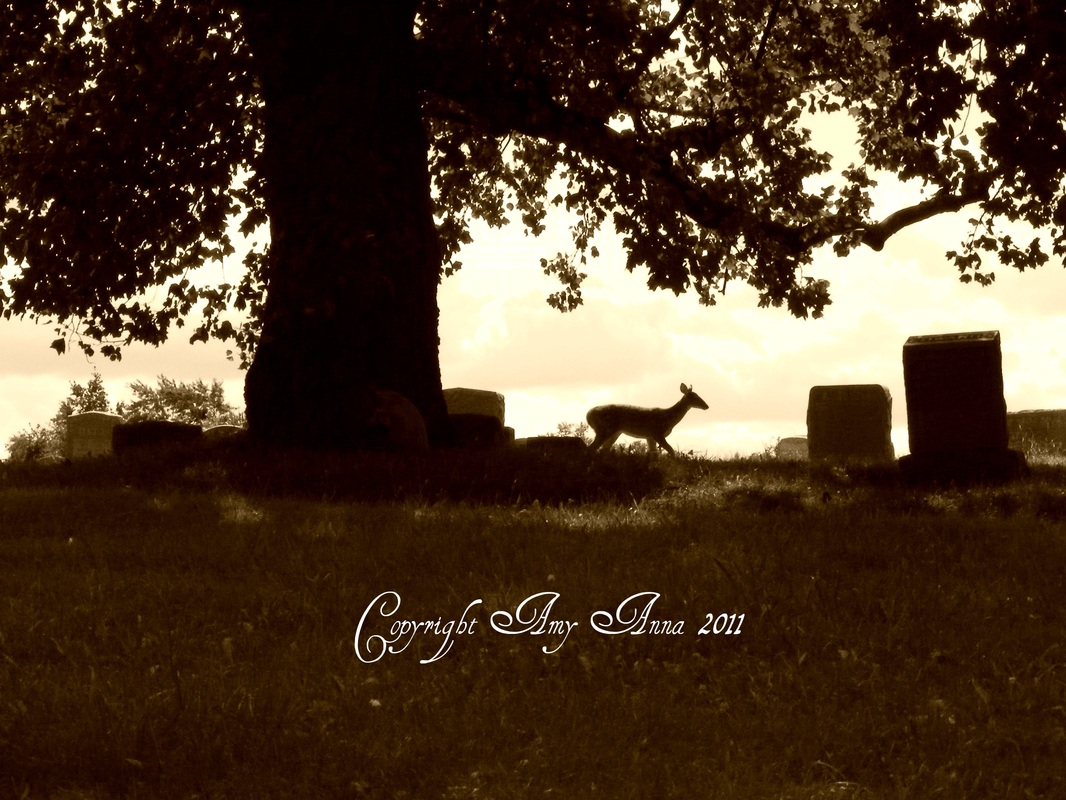I am enrolled in an online class called "Honoring Saints and Ancestors: Peering through the Veil," a three week retreat offered by Christine Valters Paintner through her Abbey of the Arts. She calls November the Season of Remembrance, and if you look at the holidays, it is. Halloween, though technically October, begins a time when the year is closing down and we think about the dead and the dying: All Saints Day, All Souls Day, and even Veterans Day fall at this time of the year. In her class, Valters Paintner focuses on All Saints Day and All Souls Day, but I feel more drawn to Day of the Dead. All these holidays focus on remembrance.
I find that there is relief in facing death and change, and deciding to let go. It is the conscious turning of attention to this that makes release happen. Somehow honoring what has been opens the door to what will be. Yet I turn on my TV and I find a disturbing contrast to what I am experiencing in my class. People are afraid of death. People are afraid of winter. That’s natural. However, it seems that, most of all, people are afraid of getting and looking old. That’s where it gets weird – cue the creepy organ music.
I know that the Zombie Apocalypse has begun, and I know where. Hollywood – but it’s not what you think. I am not talking about all the movies and the TV shows teeming with the Undead.
I’m talking about the actors.
The idea that brainless, flesh-eating automatons are taking over has become The Metaphor for Our Times. For one thing, it seems like an excellent description of what’s happening in Washington (but that juicy topic will have to wait for another essay).
It was bad enough when every woman onscreen over the age of 32 had blankslateface. Now every male actor does, too. They’re men. They’re supposed to be above this sort of thing. Further, on men especially, Botox makes everyone look alike. It doesn’t matter whether the star is Liam Neeson or Ralph Fiennes or Tom Selleck, because I can’t tell them apart. Finally, paralyzing your face when you make a living as an actor seems to me to take a special kind of stupid. If they take enough Botox, can they then claim that they’re disabled and can’t work anymore?
I have heard that reports show that Botox, which freezes facial muscles to create a smoother and supposedly more youthful look, migrates to the brain. Then, apparently, it freezes the brain. People who have had Botox lose the ability to make certain expressions with their faces. They also lose the ability to read and interpret these expressions on other people’s faces. Botox not only limits the ability to express emotion, it limits the ability to understand emotions in others. Uh oh. Lack of empathy never results in great human achievement.
It gets worse. A friend told me that people who have Botox done in their forties develop Alzheimer’s in their fifties.
Would you sacrifice your brain for your face? Only a zombie would do that.
It is natural to fear death, and aging, and change. It is not natural to choose senseless oblivion as though it is superior to death and aging and change.
Botox will not stop loved ones from dying and moving on. It will not cure fear of the future. The irony is that nothing says "I am old" more than having work done on your face.
The Uncanny Valley is a term originally applied to robotics which posits that one must not create a facsimile of a human that is just realistic enough to be unsettling. It is better to have a decidedly non-human appearance (think Manga) than a very nearly human appearance. The phrase is now used mostly to refer to characters in cartoons and computer graphics. Unfortunately, the day has come when it applies to real live humans, too. Too many once-real people are falling into the Uncanny Valley.
I saw Steve Martin playing banjo on TV. He was always one of the most rubber-faced, excessively expressive, over the top comedians of his generation. Now his face, which looks marble-smooth, is completely empty. His whole affect was – well – robotic.
He’s gone. It’s sad.
It hurts to suffer loss and deal with change and look in the mirror and see an old person. Facial alteration doesn’t make people look younger. It makes them look like they lost a battle with an anomaly in the space-time continuum. If the alternative to pain and age is numbness and deadness, are you really defeating time and death? Or are you just succumbing sooner?
This is why we need these autumnal holidays: Halloween, to make faces at Death; Day of the Dead, to remember and honor the ones who have left; All Saints Day, to remember that there were people who went through everything we have, and worse, and soldiered on anyway; and the Day of Atonement, because the only constants in the universe are change, death, taxes, E=mc2, and everybody screws up sooner or later.
Then, in the spring, we can breathe a deep sigh of relief and celebrate Easter, to remind us that we don’t know as much as we think. For, as the British put it, "there’s always the unexpected." I’m not much of a Christian (if at all), but I think resurrection counts as "unexpected."
In order to remember our saints and ancestors, we need to remember who we are. Literally, and figuratively.
This is the time of letting go. Leaves fall, tides change. Appreciate it, savor it, and walk on. And try not to eat your neighbor.


 RSS Feed
RSS Feed
